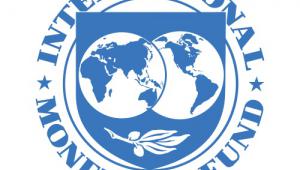By Nick Mann | 15 May 2012
A global financial transaction tax could raise up to $250bn (£156bn) a year that governments should use to fight poverty, reduce inequality and protect human rights, a group of United Nations-appointed experts said yesterday.
The UN’s independent advisers on extreme poverty, food, business, foreign debt and international solidarity together called for the European Union to take a lead by introducing a tax across the eurozone.
‘EU countries must take bold leadership now to pave the way towards what should eventually be a global FTT,’ they said.
Plans for an EU-wide FTT, or ‘Tobin tax’, were announced by the European Commission in September 2012. The commission believes that, based on 2010 figures, a European tax could raise €57bn (£45bn), rising to €81bn (£64bn) by 2020.
According to the UN, if a similar tax was introduced across the Group of 20 leading nations it could raise anything between $48bn (£30bn) and $250bn a year. This money should be used help to address the loss of millions of jobs and rising private debt burdens caused by the crisis, as well as the risks that austerity packages pose to human rights.
Magdalena Sepúlveda, UN special rapporteur on extreme poverty and human rights, said: ‘It would fill government deficit holes, but should be channelled to fighting poverty, reversing growing inequality and compensating those whose lives have been devastated by the enduring global economic crisis.’
‘When the financial sector fails to pay its share, the rest of society must pick up the bill. It is high-time that governments re-examine the basic redistributive role of taxation to ensure that wealthier individuals and the financial sector contribute their fair share of the tax burden.’
Introducing a global levy would also help stabilise financial markets by discouraging speculation, the UN advisers said, mitigating against the type of volatility that led to the 2008 financial and food crises.
The UN independent expert on foreign debt and human rights, Cephas Lumina, added: ‘A global FTT is not a silver bullet but it would help relieve sovereign debt load stemming from the financial crisis, shift the burden from ordinary citizens to the private sector which caused the crisis, and significantly enlarge government fiscal space for spending on desperately needed economic and social rights programmes.’













